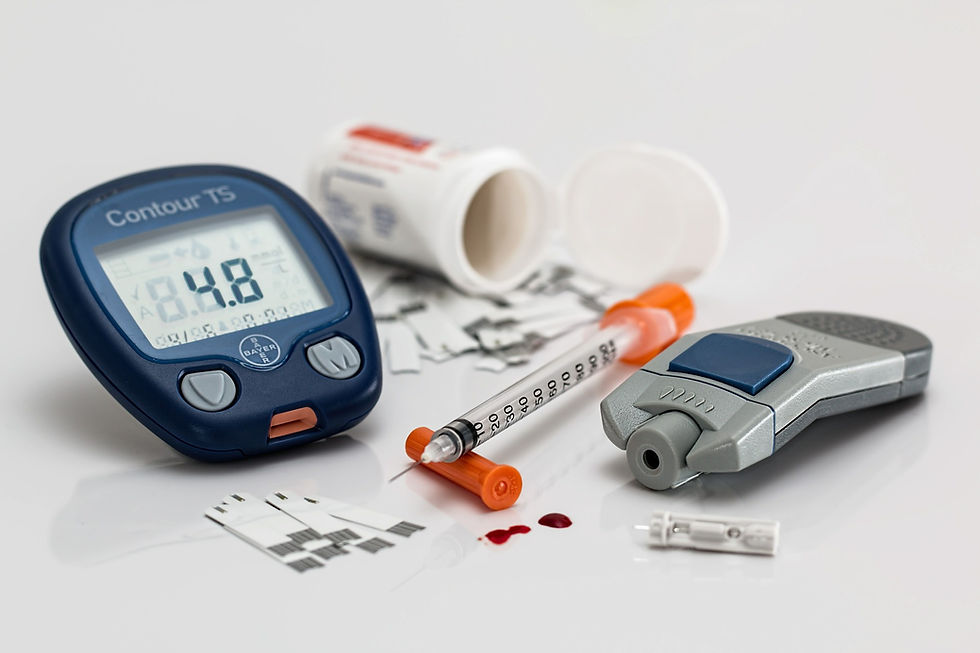
Diabetes is a chronic medical condition that affects millions of people worldwide. While it primarily involves issues with blood sugar regulation, it can have far-reaching consequences throughout the body. One of the most significant complications of diabetes is kidney disease. In this comprehensive guide, we will explore the various aspects of kidney diseases associated with diabetes, including their pathophysiology, investigations, management, frequently asked questions, and a conclusion that emphasizes the importance of early detection and management.
Introduction
Diabetes, particularly type 2 diabetes, is a growing global health concern. It affects the body’s ability to utilize glucose efficiently, leading to elevated blood sugar levels. Over time, persistently high blood sugar can damage various organs and systems, including the kidneys. Kidney disease associated with diabetes is known as diabetic nephropathy or diabetic kidney disease.
Pathophysiology
Understanding Diabetic Nephropathy
The pathophysiology of diabetic kidney disease is complex and involves several key factors:
Hyperglycemia: Elevated blood sugar levels can damage the small blood vessels in the kidneys called glomeruli. This damage impairs the kidney’s ability to filter waste and excess fluids from the blood effectively.
Hypertension (High Blood Pressure): Diabetes often leads to high blood pressure, which further stresses the kidneys. High blood pressure damages the nephrons (the functional units of the kidneys) and accelerates kidney disease progression.
Inflammation and Oxidative Stress: Chronic inflammation and oxidative stress play a significant role in the development and progression of diabetic nephropathy. These factors can cause direct damage to kidney cells.
Genetic Predisposition: Some individuals may have a genetic predisposition to developing kidney disease when they have diabetes.
Investigations & Management
Diagnosing Diabetic Kidney Disease
Early diagnosis is crucial for managing diabetic kidney disease effectively. Common diagnostic tools and tests include:
Blood Tests: Measurement of serum creatinine and estimated glomerular filtration rate (eGFR) to assess kidney function.
Urine Tests: Monitoring for albuminuria (presence of excess protein in the urine) as an early sign of kidney damage.
Kidney Biopsy: In some cases, a biopsy may be necessary to determine the extent of kidney damage.
Management Strategies
Managing diabetic kidney disease involves a multidisciplinary approach and may include:
Blood Sugar Control: Tight glycemic control through lifestyle modifications and medications can slow down kidney disease progression.
Blood Pressure Control: Managing high blood pressure is essential to protect the kidneys. Medications such as ACE inhibitors or ARBs may be prescribed.
Lifestyle Changes: Patients are often advised to make dietary changes, exercise regularly, and quit smoking to reduce the risk of kidney disease progression.
Medications: Depending on the severity of kidney disease, your healthcare provider may recommend other medications to manage symptoms and complications.
Dialysis and Transplantation: In advanced stages of kidney disease, dialysis or kidney transplantation may be necessary.
FAQs
1. Can diabetic kidney disease be prevented?
Yes, with proper diabetes management, including blood sugar control and blood pressure management, the risk of diabetic kidney disease can be reduced.
2. What are the early signs of diabetic kidney disease?
Early signs may include increased urinary frequency, swelling in the ankles and legs, and elevated blood pressure. Regular screening for albuminuria is crucial for early detection.
3. How often should people with diabetes get their kidneys checked?
It is recommended that individuals with diabetes undergo annual kidney function tests, including serum creatinine and urine albumin measurements.
Conclusion
Diabetic kidney disease is a serious complication of diabetes that can lead to kidney failure if left unmanaged. However, with early detection and comprehensive management, its progression can be slowed down or even halted. Therefore, it i
s imperative for individuals with diabetes to work closely with their healthcare team to monitor and manage their kidney health. By maintaining good blood sugar control, managing blood pressure, and making necessary lifestyle changes, the risk of diabetic kidney disease can be minimized, allowing individuals with diabetes to live healthier, longer lives.


Comments